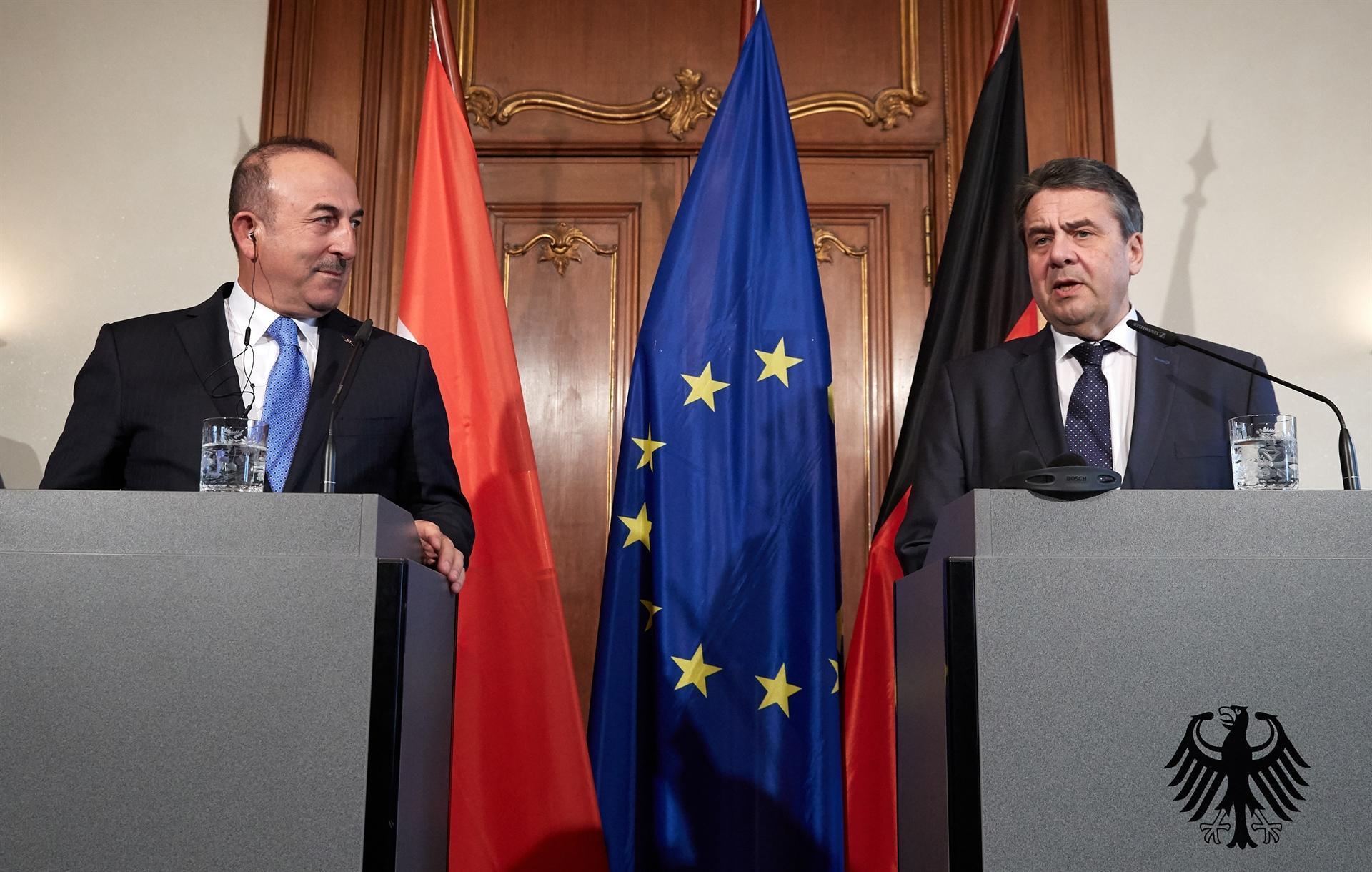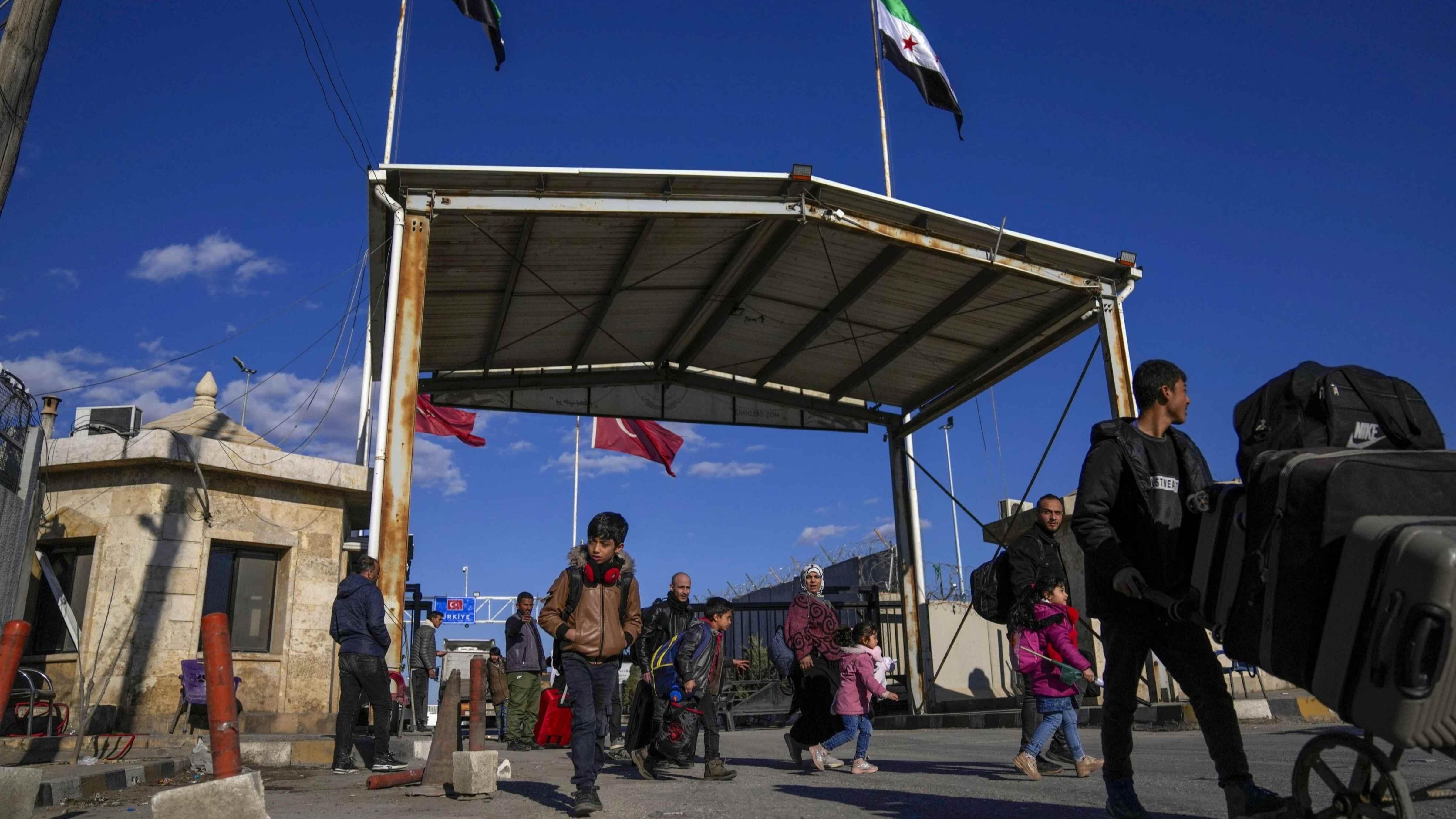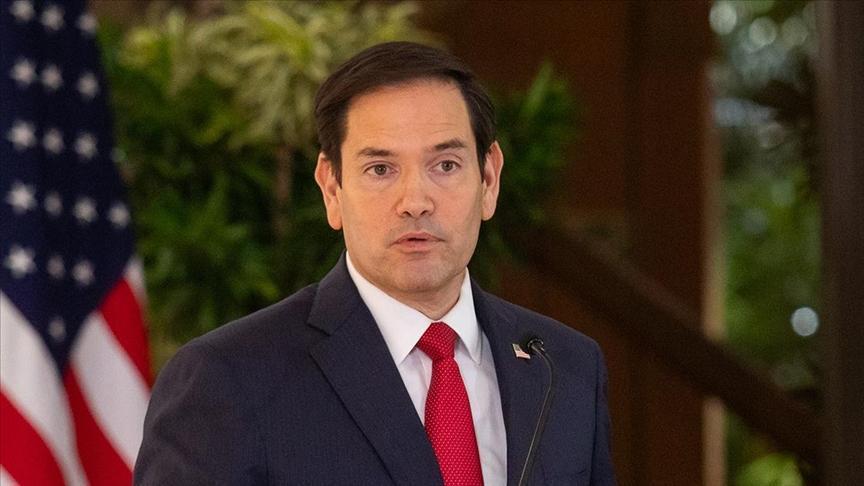Turkey asks Germany to put end to travel warning
BERLIN

Turkish Foreign Minister Mevlüt Çavuşoğlu publicly asked his German counterpart during a joint press conference on March 6 to cancel a continued travel warning for Turkey.
“Germany’s travel warning does not reflect the reality of Turkey or the level of mutual relations. We request that the German Foreign Ministry reviews this warning,” Çavuşoğlu said ahead of a meeting with Sigmar Gabriel in Berlin.
Germany issued on Sept. 5, 2017 a safety and travel warning for its citizens planning to go to Turkey over the “arbitrary imprisonment of German nationals.”
Çavuşoğlu’s visit comes as Ankara seeks to mend ties with Germany, a NATO ally and key trade partner.
“We are of the opinion that it’s time for Turkey and Germany to return to normal life,” Prime Minister Binali Yıldrırım had told journalists traveling with him on board on Feb. 14, ahead of a meeting with German Chancellor Angela Merkel.
The two leaders vowed the next day to improve strained ties, which particularly deteriorated after Berlin prevented ruling Justice and Development Party (AKP) politicians from holding rallies ahead of a constitutional amendment referendum in April last year.
On Feb. 16, Turkey released German-Turkish journalist Deniz Yücel, who was jailed over one year ago, signaling the government’s hope to mend ties with Berlin.
Germany to ‘examine’ Muslim’s extradition
Ankara has long demanded that Germany prevent rallies in the country by supporters of the outlawed Kurdistan Workers’ Party (PKK), as well as the extradition of suspected PKK members and suspects in cases related to the July 2016 coup attempt.
Gabriel said March 6 that the German Justice Ministry will examine Turkey’s request for the extradition of Salih Muslim, the former co-chair of the Syrian Kurdish Democratic Union Party (PYD), and “make a decision based on constitutional principles.”
Muslim was released in Prague last week and then spoke at a demonstration in Berlin on March 3.
“We have received a verbal note from the Turkish Foreign Ministry. We will send this request, as always, to the Justice Ministry and they will examine it on constitutional grounds,” Gabriel told reporters.
Touching on the recent United Nations Security Council resolution for a cease-fire in Syria, Çavuşoğlu repeated Ankara’s official position that the decision does not cover Turkey’s ongoing “Operation Olive Branch” in the northern Syrian district of Afrin.
“We are struggling against the PKK and the YPG,” he said, referring to the People’s Protection Units (YPG), the armed wing of the PYD.
“The territorial integrity of Syria is very important. Turkey and Germany think the same on this issue,” Çavuşoğlu said, adding that Turkey is “extremely sensitive about not harming civilians in Afrin.”
Meanwhile, the Turkish foreign minister also said Ankara welcomed the recent Social Democrat (SPD) vote in favor of joining a new coalition with Chancellor Angela Merkel’s conservative Christian Democrats Union (CDU).
“We will talk about how we will accelerate the momentum that we have gained in relations, strengthen the current positive environment, and see how we can open a new page together with the foundation of a new government,” he said, emphasizing that regional cooperation between Berlin and Ankara is “crucial.”
















